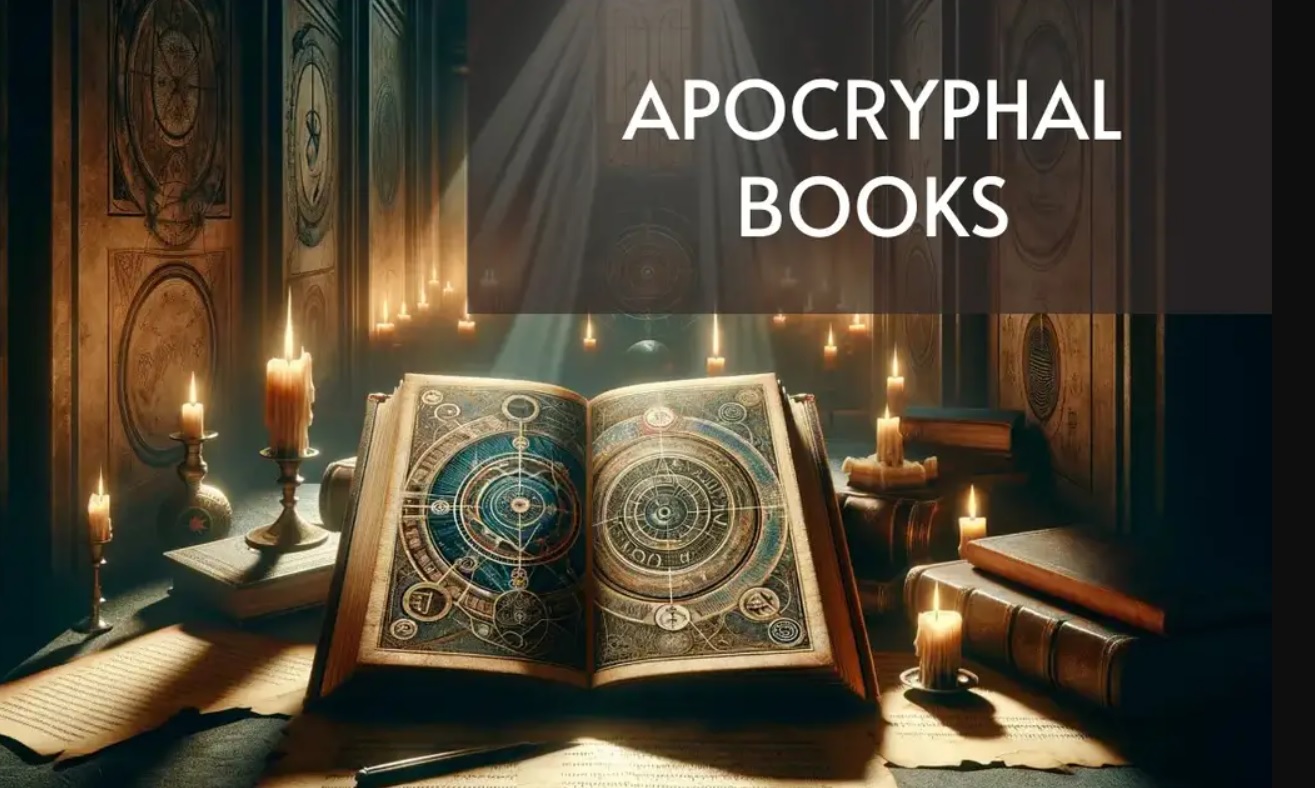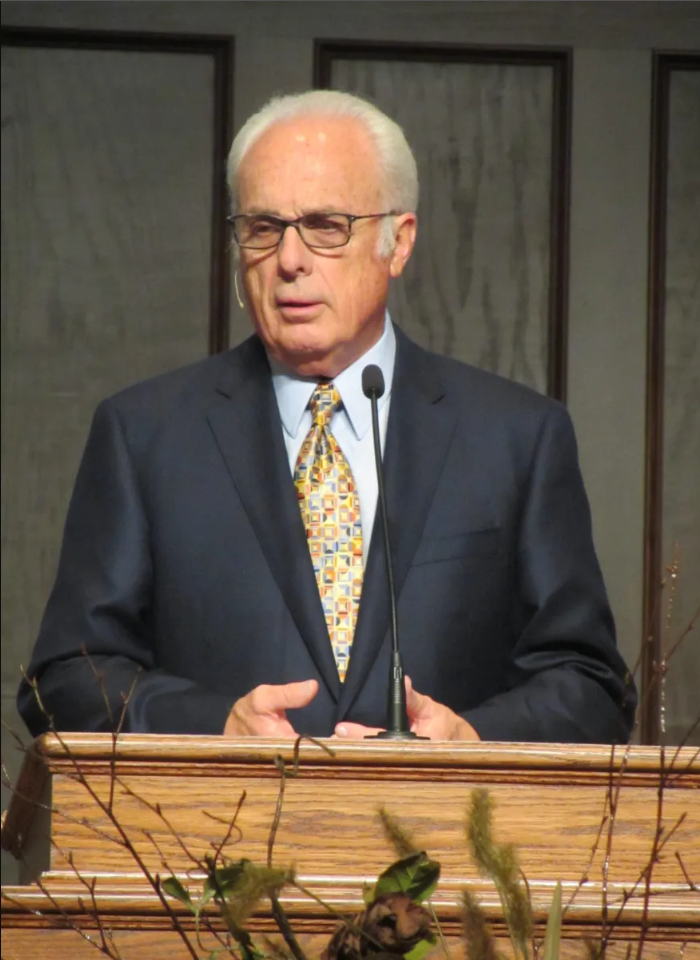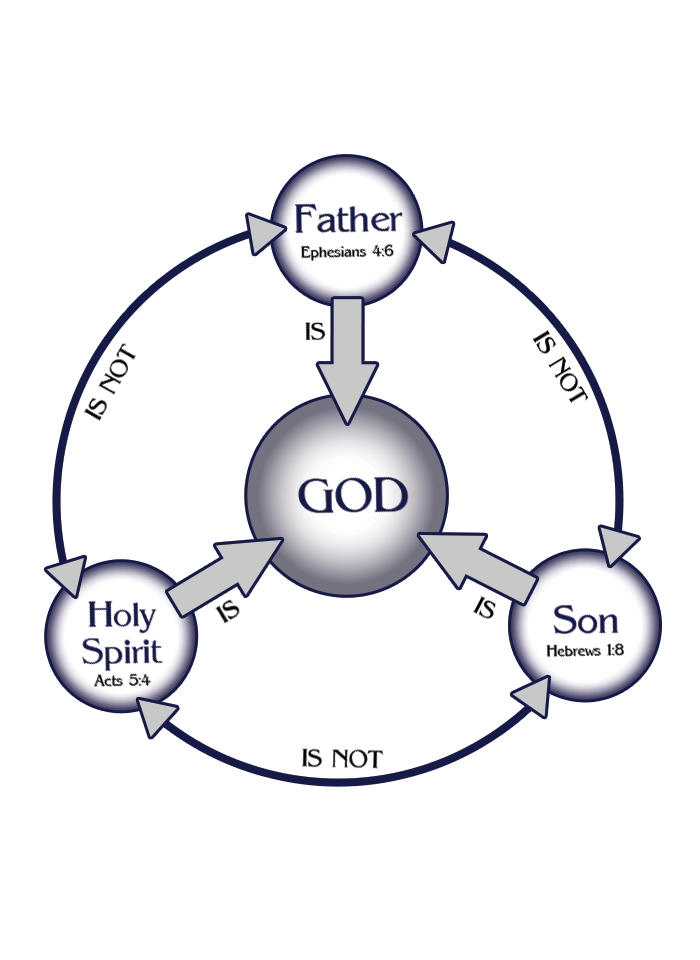Unlike the canonical books, where prophets and writers frequently claim divine inspiration (e.g., "Thus saith the LORD" appears over 400 times in the KJV Old Testament), none of the Apocryphal authors assert that their writings are from God. This silence is telling; inspired Scripture consistently bears witness to its own divine origin (2 Timothy 3:16, KJV: "All scripture is given by inspiration of God"). The absence of such claims suggests the authors themselves did not view their works as prophetic or sacred. For instance, the books of Maccabees describe historical events but make no prophetic declarations or assertions of inspiration.
3. Written in Languages Other Than Hebrew
All inspired Old Testament books were originally composed in Hebrew (with minor Aramaic portions in Daniel and Ezra). In contrast, the Apocrypha was primarily written in Greek, reflecting a Hellenistic influence rather than the sacred tongue of the Hebrew prophets. This linguistic shift indicates these texts were not part of the original inspired canon entrusted to the Jews, further evidenced by their exclusion from Hebrew manuscripts.
4. Exclusion from Early Christian Canons for Centuries
During the first four centuries of the Christian Church, the Apocrypha was not universally accepted as sacred Scripture. Early church fathers like Origen and Jerome distinguished between the canonical books and the Apocrypha, with Jerome explicitly rejecting it as non-inspired in his Vulgate preface. It was only at the Council of Trent in 1546 AD that the Roman Catholic Church officially canonized these books, largely to support doctrines like purgatory amid the Protestant Reformation. This late addition underscores that the Apocrypha was not regarded as inspired in the early church era.
5. Internal Contradictions and Factual Errors
The Apocrypha contains numerous historical inaccuracies and contradictions, which are incompatible with divinely inspired writing (Proverbs 30:5-6, KJV: "Every word of God is pure... Add thou not unto his words"). For example:
- In the Books of Maccabees, Antiochus Epiphanes is described as dying in three different ways and places (1 Maccabees 6:1-16; 2 Maccabees 1:13-16; 2 Maccabees 9:1-29).
- Tobit claims to have lived during events separated by centuries, implying an impossible lifespan (Tobit 1:3-5; 14:11).
- Judith features geographical errors, such as misplacing Bethulia and inventing impossible military scenarios (Judith 1-7).
These errors demonstrate human fallibility rather than divine perfection.
6. Doctrinal Conflicts with Canonical Scripture
The Apocrypha promotes teachings that contradict the clear doctrines of the KJV Bible:
- Prayers for the Dead and Purgatory: 2 Maccabees 12:39-46 describes offerings for the sins of the dead, implying a purgatorial state (KJV Apocrypha: "It is therefore a holy and wholesome thought to pray for the dead, that they may be loosed from sins"). This opposes Hebrews 9:27, KJV: "It is appointed unto men once to die, but after this the judgment" and the biblical emphasis on salvation by faith alone, without post-mortem intercession.
- Sinless Perfection: Ecclesiasticus (Sirach) suggests achieving sinlessness through works, clashing with Romans 3:23, KJV: "For all have sinned, and come short of the glory of God."
- Almsgiving for Atonement: Tobit 12:9 claims alms can deliver from death and purge sin, contradicting Ephesians 2:8-9, KJV: "For by grace are ye saved through faith; and that not of yourselves: it is the gift of God: Not of works."
Such variances indicate the Apocrypha's human origin, not divine inspiration.
7. Promotion of Immoral Practices
Inspired Scripture upholds moral purity (Psalm 119:9, KJV: "Wherewithal shall a young man cleanse his way? by taking heed thereto according to thy word"). Yet the Apocrypha endorses acts like lying (Tobit 5:5-12), suicide (2 Maccabees 14:41-46), assassination (Judith 13), and magical incantations (Tobit 6:5-8, using fish organs for exorcism). These endorsements are unbecoming of God's holy Word.
8. Self-Admission of the "Silent Years"
The Apocrypha itself acknowledges the absence of prophets during its composition period, confirming no inspired revelation occurred then (1 Maccabees 9:27, KJV Apocrypha: "There was great affliction in Israel, the like whereof was not since the time that a prophet was not seen among them"). This aligns with the biblical gap between Malachi and John the Baptist, during which no new inspired writings were produced.
9. Inclusion in Early KJV Editions for Historical Value Only
The original 1611 KJV included the Apocrypha between the Testaments, not as inspired Scripture but for educational purposes, similar to maps or notes. The translators listed seven objections identical to those above, rejecting it as canonical. Modern KJV editions omit it entirely, as it is "no more inspired than are other things that might be included in today's editions." Statements from KJV advocates affirm: "Non-canonical. Not inspired."
10. Connection to Mythical Septuagint Claims
Claims that the Septuagint (LXX), a Greek translation, included the Apocrypha as inspired are unfounded. Evidence suggests the LXX with Apocrypha appeared post-Christ in Alexandrian manuscripts, not as a pre-Christian Jewish Bible. This fabrication supports Catholic inclusion but demonstrates corruption in textual history, not inspiration.








